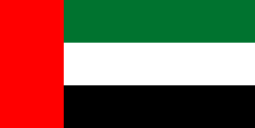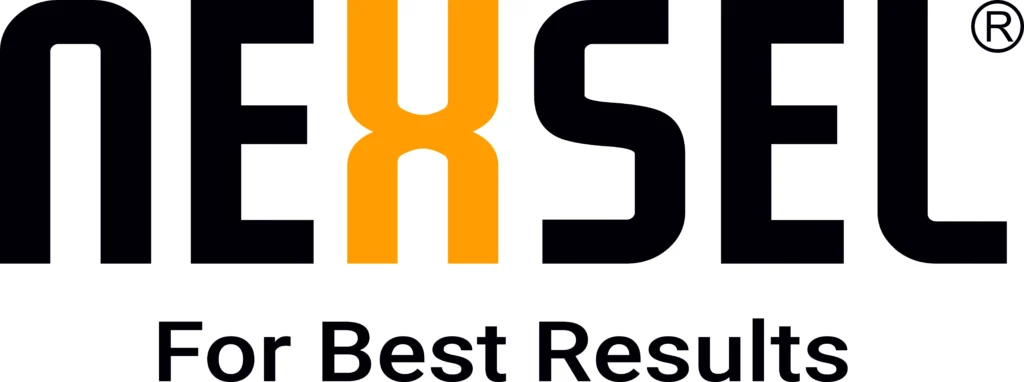
Vertical Farming and Hydroponics: Transforming the UAE Desert into Lush Green Oases
- Home
- Vertical Farming and Hydroponics: Transforming the UAE Desert into Lush Green Oases
Vertical Farming and Hydroponics: Transforming the UAE Desert into Lush Green Oases

In the UAE, technological advancements are revolutionizing agriculture by stacking rows of leafy vegetables, fruits, and berries vertically, thereby enhancing the nation’s food self-sufficiency.
Smart systems are tackling the challenges posed by the UAE’s arid climate and limited arable land by managing every aspect of farming—from irrigation to temperature control. These climate-controlled facilities require minimal or no soil and yield more food per square meter compared to traditional farming methods.
According to the Ministry of Climate Change and Environment (MoCCE), hydroponic farms, which grow plants using a nutrient-rich water solution instead of soil, can produce one kilogram of lettuce using only about 20 liters of water, with water being recycled rather than wasted.
These modern farms not only use less water and produce pesticide-free crops but also are often located near urban centers, reducing the carbon footprint associated with food transportation.
The UAE’s journey toward sustainable agriculture began several years ago, and modern technology is now helping the nation achieve food self-sufficiency. Here are some recent developments in the country’s agriculture sector.
Reducing Dependence on Imports On Monday, His Highness Dr. Sheikh Sultan bin Muhammad Al Qasimi, Member of the Supreme Council and Ruler of Sharjah, oversaw the harvest of protein-enriched wheat at a 400-hectare farm in Maliha. Planted on November 30 last year, the harvest is expected to yield 15,200 tonnes of wheat, reducing the emirate’s reliance on imported wheat.
ADQ’s AgTech Park has launched the Zero project, retrofitting a 1,000 sqm warehouse to test environment-controlled farming technologies. Once fully operational, the 200-hectare AgTech Park aims to produce over 40 tonnes of fresh fruits and vegetables annually, which could account for up to six percent and 12 percent of the UAE’s total consumption and import of these products, respectively.
In September last year, His Highness Sheikh Mohammed bin Rashid Al Maktoum, Vice-President and Prime Minister of the UAE and Ruler of Dubai, visited Emirates Crop One (ECO 1), the world’s largest vertical farm. This $40-million, 330,000-square-foot facility can annually produce more than 1 million kilograms of high-quality leafy greens such as spinach, kale, arugula, and four varieties of lettuce, while using 95 percent less water than conventional agriculture. These vegetables are available in stores under the Bustanica brand.
Last month, AeroFarms AgX, the world’s largest indoor vertical farm for research and development (R&D), opened in Abu Dhabi’s Mussafah industrial area. The vegetables produced here are used by scientists, researchers, and engineers to develop optimal growth algorithms and industry solutions. The facility also explores producing chemical- and pesticide-free food in arid and desert environments.
In November last year, the UAE saw its first saffron harvest. The world’s most expensive spice was grown on a mere 165 square meters, equivalent to 3.5 hectares of traditional farmland, using smart systems including cameras and sensors to monitor the growth of saffron bulbs carefully.
The UAE also cultivates its own strawberries at Aerovertica’s vertical farms in Dubai Silicon Oasis and Al Qusais. These farms can supply over 500 kilograms of strawberries per week and offer a ‘pluck ‘n pay’ experience, allowing customers to pick and purchase strawberries on-site.
Disclaimer : In case of any concern for the above published content, please write to us on [email protected]
- Categories
- Vertical farming
- Hydroponics



